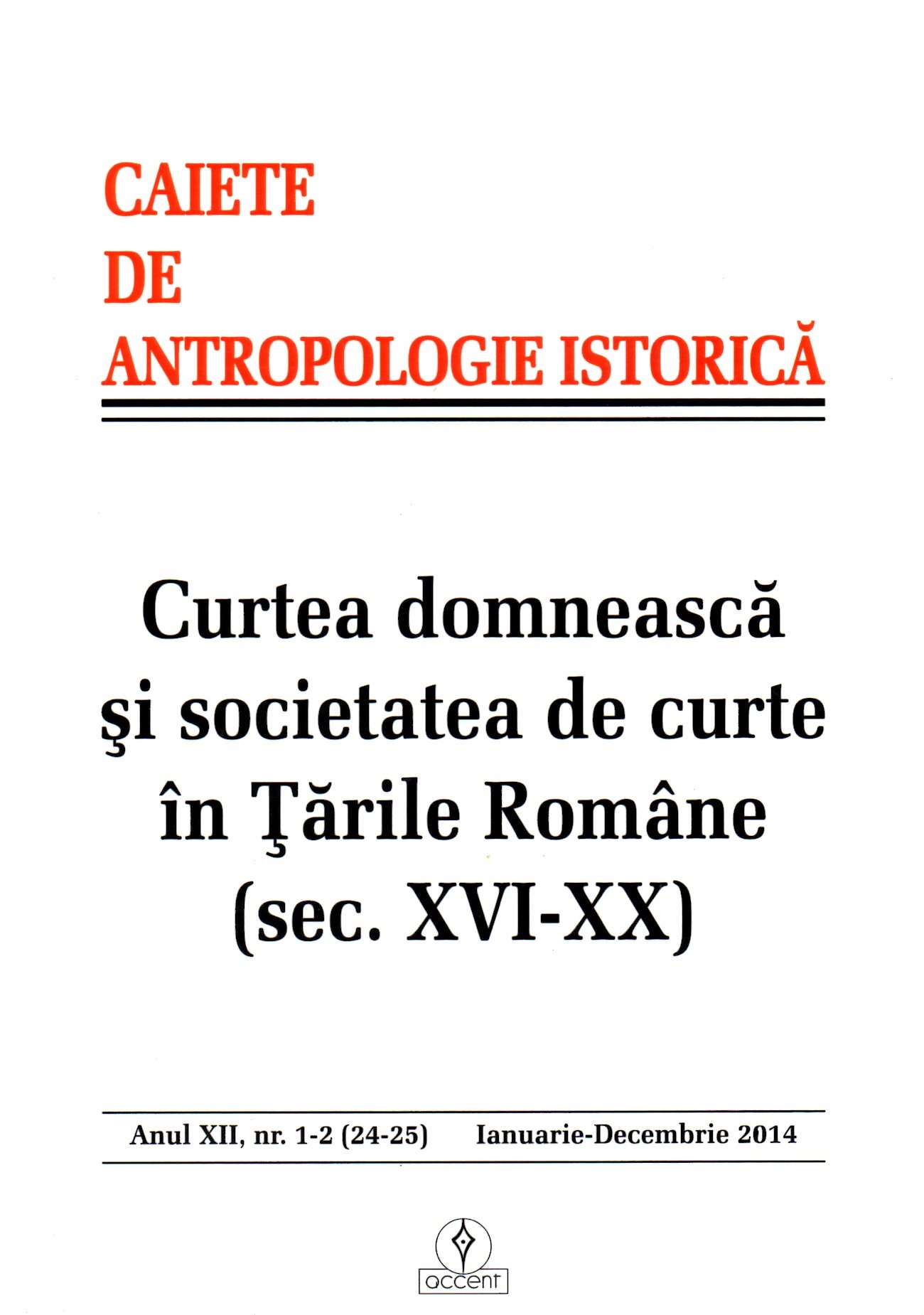Mircea Eliade şi cultura română văzută ca avanpost al viitoarei renaşteri spirituale a Europei
Mircea Eliade and the Romanian Culture Seen as an Outpost of the Future European Spiritual Revival
Author(s): Adrian Valentin MoraruSubject(s): Cultural history, History of ideas, Local History / Microhistory, Interwar Period (1920 - 1939)
Published by: Accent Publisher
Keywords: Mircea Eliade; Romanian culture; spiritualism; interwar period; traditionalism; East; West; Iron Guard;
Summary/Abstract: Mircea Eliade was one of the most important Romanian intellectual figures in the interwar era before his well-known international academic career. Deeply influenced by his Indian experience and by his first-hand contact with the nationalist Indian movement led by Gandhi, Eliade conceived after his return the future role of the Romanian culture as a spiritual translator between the traditional cultures of the East and the secularized West. He also hoped that the future Romanian Culture, helped by its largely intact rural civilization, could link the Indian and generally Oriental spiritual revival with the one observed in large segments of the European elite after the Great War. Unfortunately, he mistakenly placed his hopes of Romanian spiritual revolution in the Iron Guard movement, seen by him as a spiritual and religious movement and not as a political one, let alone Fascist. A firm believer in “the primacy of the spirit”, he criticized the Fascist and Nazi movements. All his hopes were dashed after the Soviet occupation of Romania, but his postwar work allowed him to individually achieve that role of “spiritual translator” that he attributed to Romanian culture.
Journal: Caiete de Antropologie Istorică
- Issue Year: 2014
- Issue No: 24-25
- Page Range: 355-373
- Page Count: 18
- Language: Romanian

